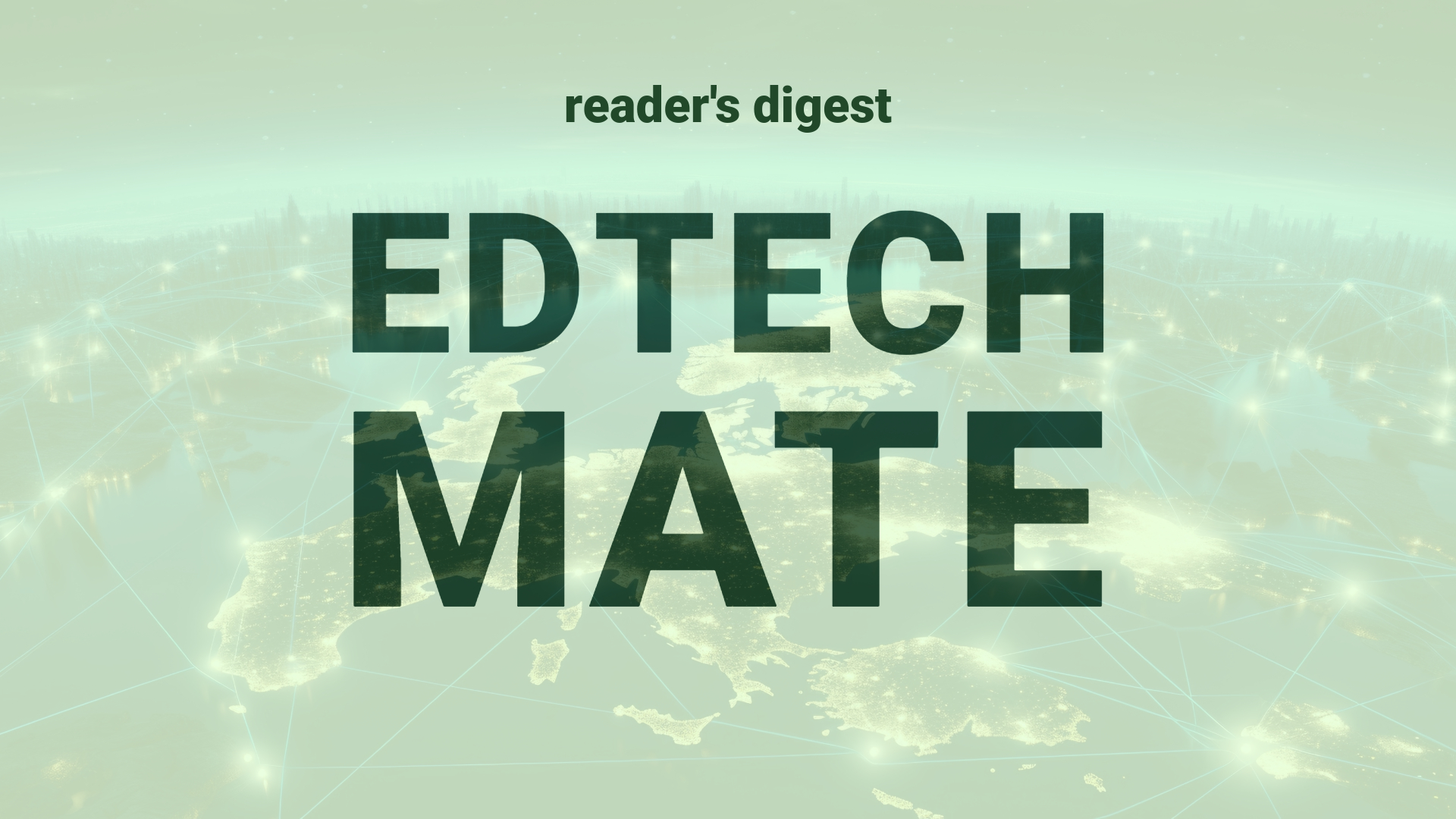Executive Summary and Main Points
Recent studies at Ernst & Young LLP (EY U.S.) have offered a nuanced perspective on hybrid work policies and their effects on employee engagement, productivity, and well-being. Through a comprehensive data-driven analysis, several key findings emerged: hybrid employees, particularly those spending 40% to 60% of their time in-office, report better well-being and engagement compared to their fully remote or in-house counterparts. In addition, benefits unique to in-office interactions – such as psychological safety and observational learning – were highlighted, alongside the work-life balance and perceived value advantages of remote work aspects in the hybrid model.
Potential Impact in the Education Sector
These insights have significant implications across various education subsectors. In Further and Higher Education, a balanced hybrid approach may foster more inclusive and personalized learning environments, effectively addressing student engagement and mental health concerns. For Micro-credentials, the flexibility could lead to improved course completion rates and stronger professional development. Strategic partnerships between educational institutions and technology firms could enhance digitalization efforts, offering robust hybrid learning ecosystems.
Potential Applicability in the Education Sector
Adopting intelligent digital tools guided by AI, the education sector could tailor hybrid learning experiences that boost engagement and well-being. AI-driven platforms could assist in identifying the optimal balance between in-person and remote learning, facilitate real-time feedback, and generate personalized educational pathways. These technologies, synchronized with global education systems, align with the evolving digital transformation landscape and address diverse learner needs.
Criticism and Potential Shortfalls
While the movement towards hybrid learning models is growing, criticisms include the digital divide’s impact on access to technology and potential implications for standardization across global education systems. The ethical considerations of AI and data privacy persist, with cultural nuances possibly affecting policy acceptance and implementation. Comparative international case studies reveal disparities in infrastructure and resource allocation that could hinder equitable adoption of hybrid models.
Actionable Recommendations
Educational leaders can embrace these technologies by initiating pilot projects that investigate the precise blend of in-person and online interactions for optimal learning outcomes. Establishing frameworks akin to EY U.S.’s Ways of Working Team Accelerator can guide teams in creating and adhering to hybrid working norms. Continuous data analysis and feedback loops from students and faculty will be vital to adapt and refine hybrid learning models, ensuring they meet the evolving demands of global higher education.
Source article: https://hbr.org/2024/05/using-data-to-design-your-hybrid-work-policies

